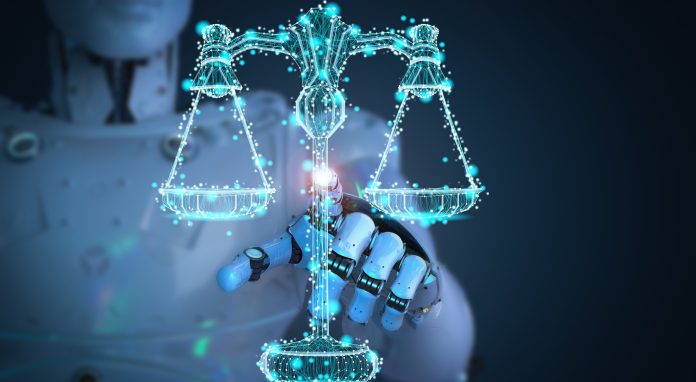In a groundbreaking shift, the legal profession is undergoing a radical transformation propelled by the increasing use of Artificial Intelligence (AI). While technological advancements have historically influenced legal practices, the widespread availability of large language models such as GPT-3 and GPT-4 marks a recent milestone, enabling complex writing and research tasks previously reliant on highly skilled individuals.
AI’s role in the legal landscape extends to expediting the drafting process. It can swiftly generate first drafts, incorporating relevant case law, constructing arguments, and countering opposing viewpoints. Although human input remains essential for finalising drafts, AI significantly accelerates the overall process.
Gains in Efficiency:
One of the most time-consuming tasks in litigation, extracting structure and meaning from extensive document collections during discovery, is poised for a revolution. AI can complete tasks that traditionally took weeks in a matter of seconds. Writing motions for court submissions is another area where AI streamlines operations.
Enhancing Efficiency:
AI stands to enhance the efficiency of producing customized legal papers—a task consuming substantial lawyer time. From contracts to court filings, interrogatory responses to client summaries, and trial exhibits to client pitches, AI’s impact is far-reaching. Real-time trial transcript review during proceedings is also feasible, offering attorneys prompt advice on witness cross-examination.
Maximising AI Tools:
Law firms can maximise the benefits of AI by integrating it as a complement to human capabilities. Developing new skills, selecting the right AI tools, designing effective surveys, and ensuring confidentiality protection are essential aspects of this collaboration.
Human Touch Remains Vital:
Despite AI advancements, lawyers retain crucial roles in selling cases, strategic decision-making, client relationships, and leading legal teams. The human factor remains indispensable, and it’s essential to acknowledge and leverage AI’s transformative role.
Understanding AI Fundamentals:
AI involves instructing machines to learn, reason, perceive, infer, communicate, and make decisions like humans. Machine learning, the precursor to deep learning, allows computers to make decisions without extensive programming. Deep learning, with more sophisticated algorithms, tackles abstract tasks like image recognition.
Challenges and Solutions:
While AI offers immense benefits, challenges such as data privacy and security must be addressed. Legal organisations must implement strict data protection measures to mitigate the risks associated with the extensive data AI solutions require. Ethical development and implementation are crucial to prevent unintended consequences like bias or discrimination, necessitating the establishment of proper governance structures in legal organisations.
- Vodafone Idea’s Upcoming Fundraising: Aiming to Collect ₹18,000-20,000 Crore - April 11, 2024
- Is the Indian Stock Market Open Today? - April 11, 2024
- Emerging Regional Carriers Aim to Capture Growing Short-Haul Flight Market in India - March 25, 2024



